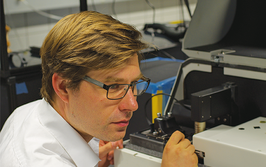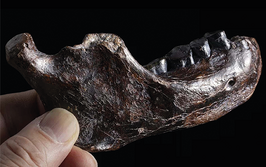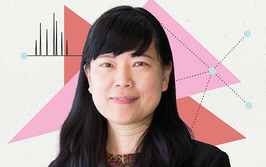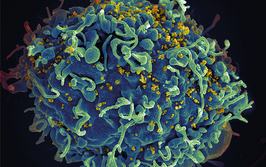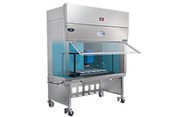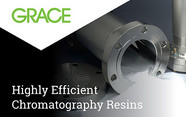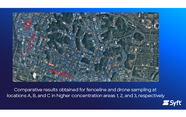Chiara Cordero
The Power List 2016

Chiara Cordero
Associate Professor of Food Chemistry, Dipartimento di Scienza e Tecnologia del Farmaco, Università degli Studi di Torino, Turin, Italy
Passion: As a food chemist, I like to contribute to revealing the “magic” and the “logic” beneath food preferences, hedonic value and nutritional impact. The ultimate aim of our work is to understand the intriguing – and rather complex – crossroads between what we eat and why, and what we are. ‘What we eat’ relates to the need to understand food composition in (chemical) detail to differentiate high quality from mass-produced products, enable its authentication or assist technologists during industrial processing with a view to defining a quality benchmark. ‘What we are’ relates mainly to the interaction of food components within our body. It goes beyond the nutrition domain and includes the effect of non-nutrients and bioactive compounds that may promote health and wellness (nutraceuticals). Sensory pleasure drives food choice, which is fundamental for industry competitiveness and production chain sustainability. Quality food improves our health and wellness, which is crucial for our society.
Pivotal moment: I began my research career in a joint project with a private company on food safety; it was the first step toward a fruitful and exciting interaction that still today inspires our research activity. In academia, we are free to decide what, why, when, and how. However, if we lose contact with real life and the needs of society, our findings are useless. Food production sustainability and benchmark quality are the real challenges for the future in this field. It is no coincidence that my research interests have changed direction from food safety to advanced food quality concepts, after experiencing the excitement of sensomics at the Technical University of Munich with Peter Schieberle, and more recently working in the food metabolomics domain.
Predictions: Within foodomics investigations, we readily adopt the best technology (LC×LC as well as GC×GC coupled with MS) and our community is quite open-minded when it comes to new approaches. However, thanks to the rapid evolution of mass spectrometry and the growth of multidimensional separation techniques, the risk is to undervalue their informative potential, limiting data mining to specialists and their complicated software. I foresee that more intuitive and user-friendly approaches will be the next step. It would be beneficial for all consumers and, of course, for science itself.
As a woman, mother and university teacher, most of my efforts in daily life are devoted to making complex concepts clear, simple and affordable; data mining and data elaboration approaches should follow this simple logic.

